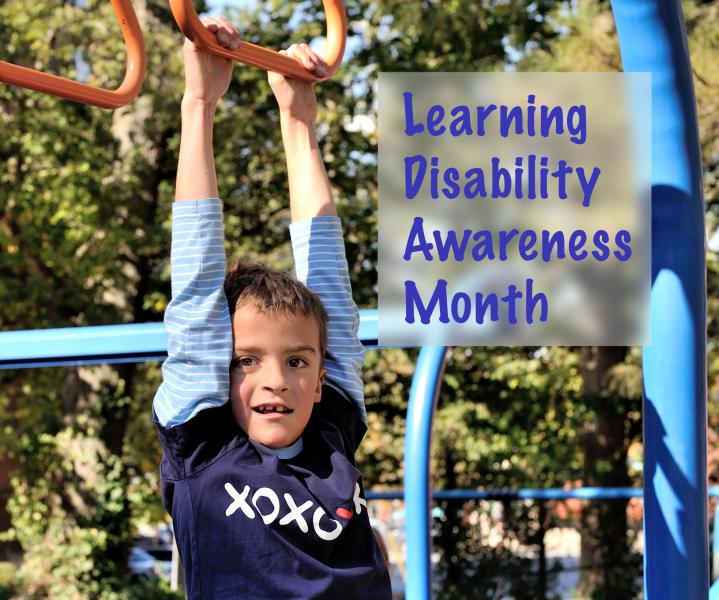
Brothers and Sisters: Competition for Your Attention
October 14, 2015
Learning Disabilities Awareness Month
October 28, 2015
In previous posts, Barbara Hunter has explored the value of understanding the perspective of your child with a learning disability, and the competition for attention that can occur with siblings. Another issue which may arise is sibling rivalry.
Conflict is a normal part of relationships, and arguments among siblings serve a purpose. Arguing helps a child develop the skills needed to cope with conflict – negotiating, making compromises, seeing the situation from another perspective, and controlling emotional outbursts. Children learn the art of “win-win” negotiating when coping with conflict with their siblings.
A parent’s best response is to go about her business and let the children sort it out, but it is helpful to set some ground rules for conflict. One rule might be “No name calling.” Another could be “No physical aggression such as hitting, kicking or pushing.” Keep the rules to only a few. I’m sure most children would be happy to help you list the Rules for Fair Fighting.
Adults in the home should model respectful behavior when they argue with each other, and children need to understand that there will be a consequence when arguing escalates into name-calling, swearing or physical aggression. Since it takes two to argue, both will receive the consequence. The consequence could be the loss of the video game, TV remote, or whatever caused the altercation. Sometimes children need to retreat to a quiet area to calm down.
It’s important that parents approach sibling conflict objectively. Sometimes the “victim” is not really a victim, but a child who knows that her sibling has a short fuse. If you believe this may be the case, help the “aggressor” see how he is being manipulated because he is easily angered. You could role-play possible responses to the “victim’s” provocations. The “victim” should know that being younger, smaller, or struggling in school does not excuse her from responsibility for her part in an argument.

If conflicts routinely escalate to physical altercations, seek professional help. Family therapy can help you consider underlying issues, set healthy limits, and practice solving problems as a family. The American Academy of Pediatrics’ website, www.HealthyChildren.org, features a number of articles on sibling rivalry that may be helpful.
Blogger Mary Ann Mulcahey, PhD, shares her expertise in assessment and diagnosis of learning disabilities and ADHD, and the social/emotional adjustment to those issues. If you have questions, please contact Mary Ann at .



